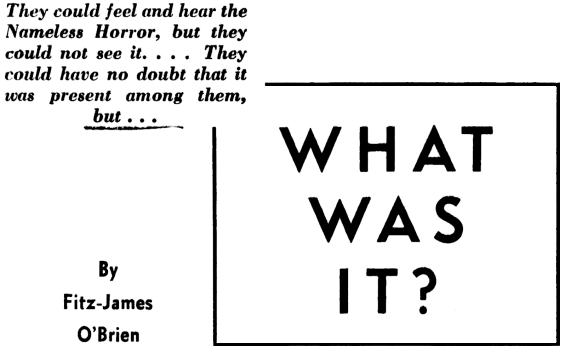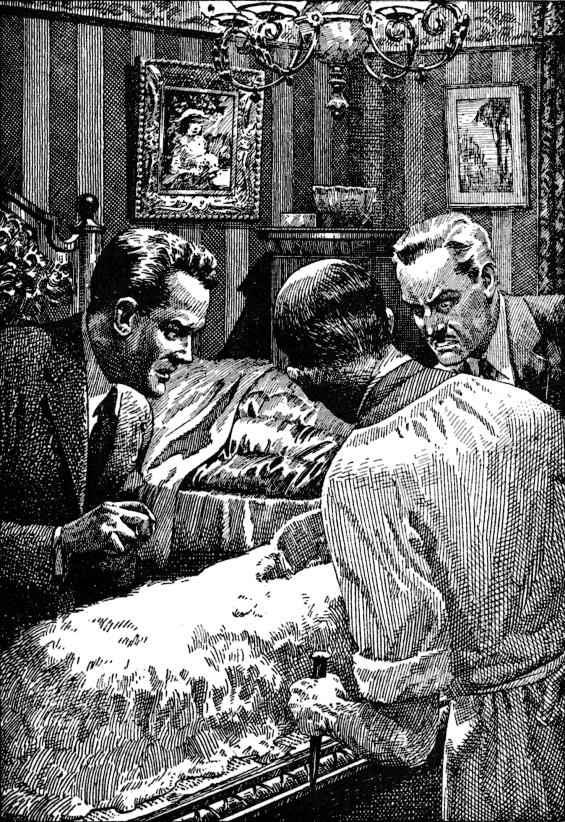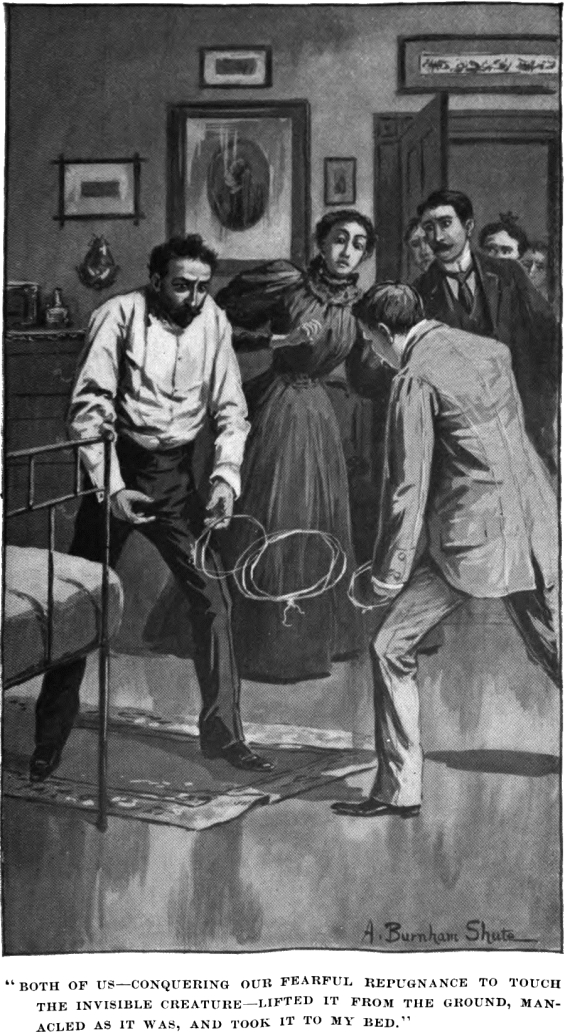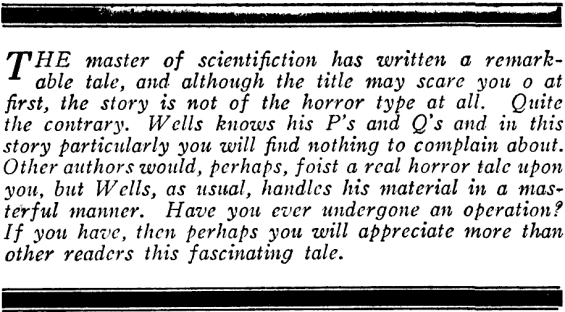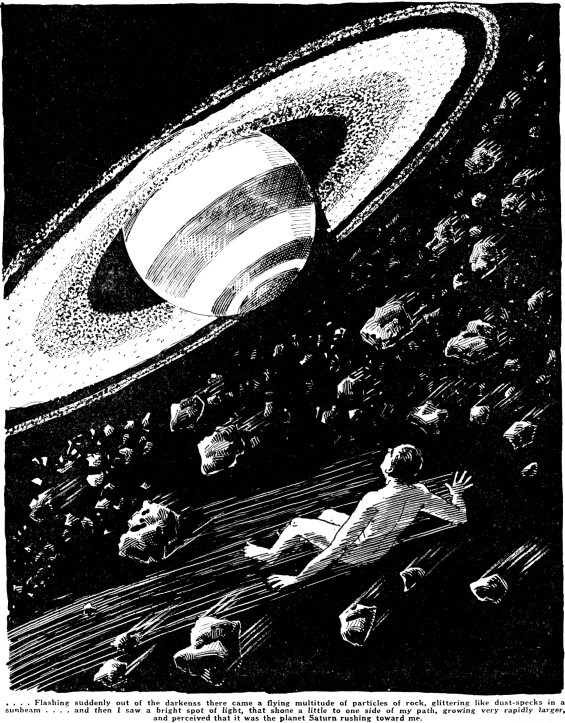
Robert E. Howard’s Breckinridge Elkins stories are humorous tall tales about a mighty naive but mighty muscled country boy. This one, the very first, starts off a little like Winnie The Pooh, but fear not, all Howard’s usual themes are in there. There’s a bit of a difference though, even though you’ve got a barbaric he-man battling civilized folk the story differs from a CONAN tale in that it’s set in the then contemporary world (1934) and also because it’s told in first person by an unreliable narrator.
The audiobook’s narrator, RK Wilcox, on the other hand, is a very reliable narrator, as you’ll hear in this solid reading of Mountain Man.
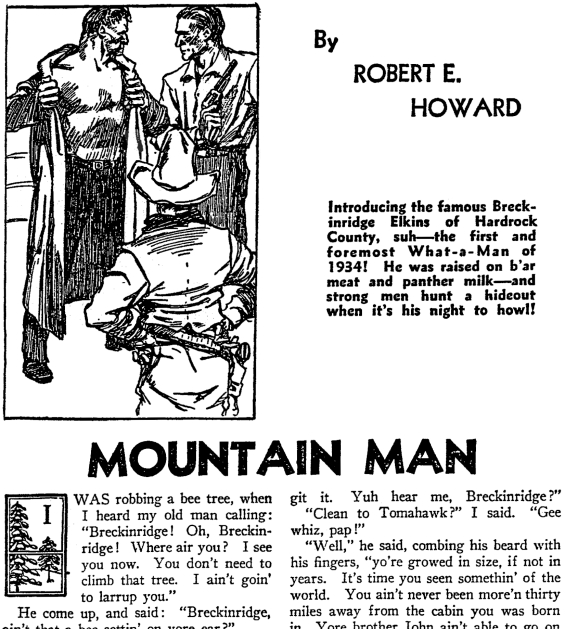
 Mountain Man
Mountain Man
By Robert E. Howard; Read by RK Wilcox
1 |MP3| – Approx. 35 Minutes [UNABRIDGED]
Publisher: LibriVox.org
Published: May 25, 2008
|ETEXT|
Introducing the famous Breckinridge Elkins of Hardrock County, suh-the first and foremost What-a-Man of 1934! He was raised on b’ar meat and panther milk – and strong men hunt a hideout when it’s his night to howl! First published in Action Stories, March-April 1934.
Here’s a |PDF| from the original publication in Action Stories.
Posted by Jesse Willis

